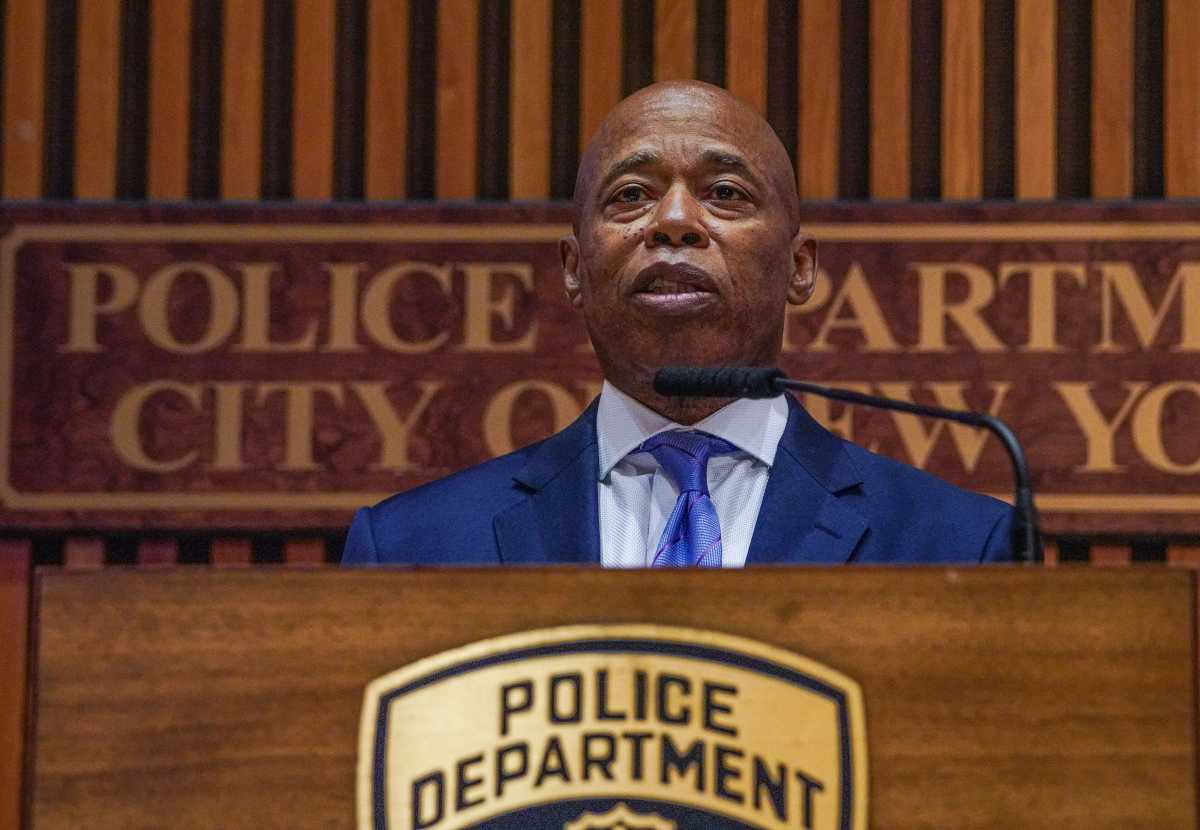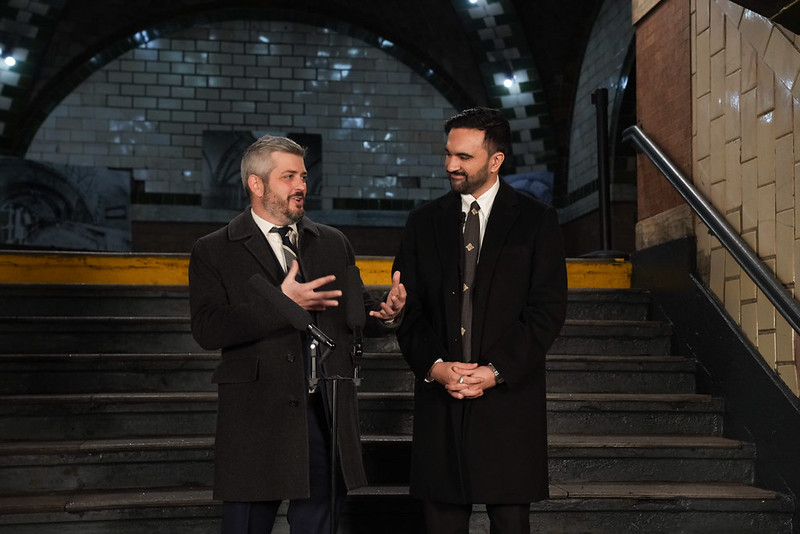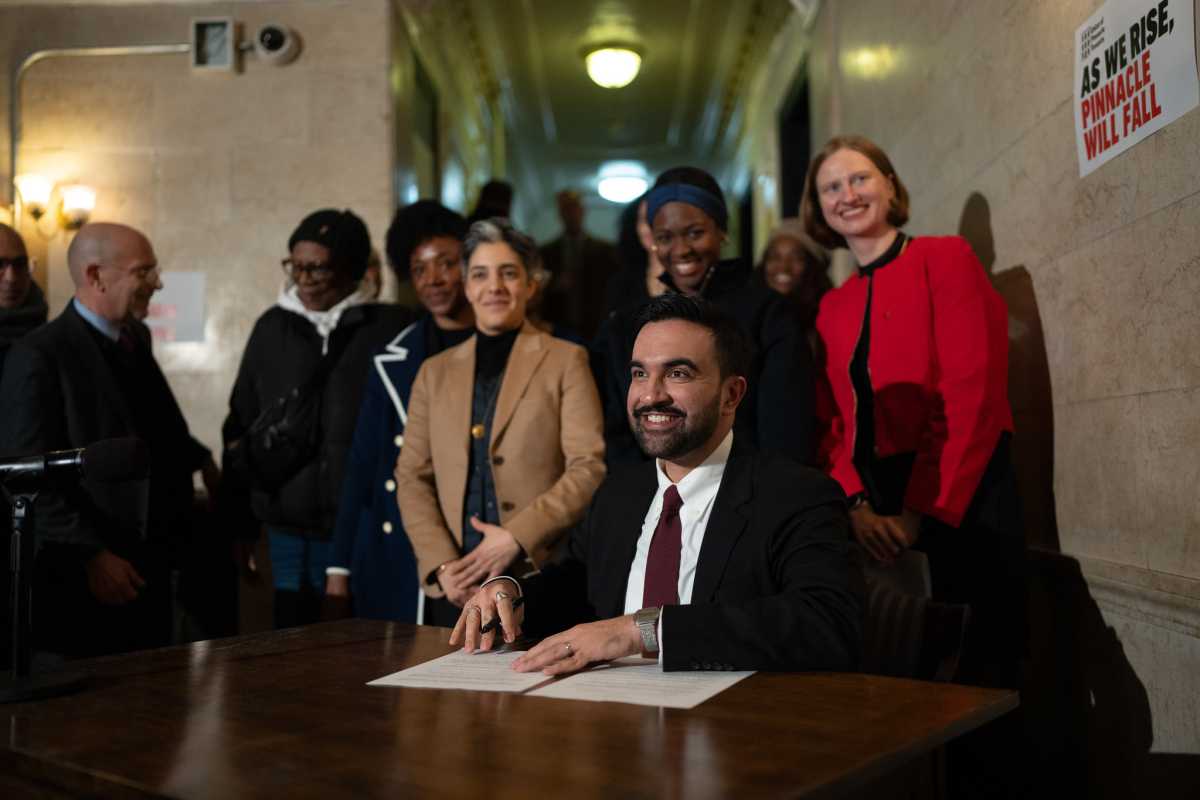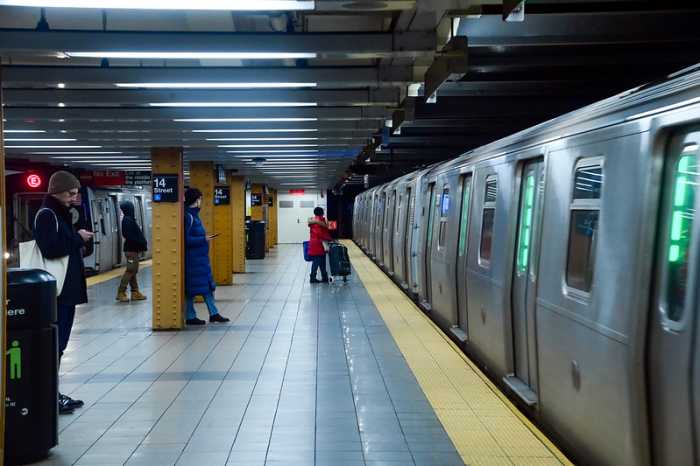Bruce Ratner and his state enablers are trotting out a new argument for steamrolling through the legitimate legal challenges to the $4-billion boondoggle that is Atlantic Yards.
Last Friday, during a court hearing to discuss scheduling the Yards opponents’ appeal of their recent loss in state Supreme Court, a lawyer for the Metropolitan Transportation Authority apparently asked that the appeal be expedited because the long legal battle over the project is having “a chilling affect” on Ratner’s ability to get financing.
The lawyer, Steve Kass, later denied to a Brooklyn Paper reporter that he had made the comment, but two lawyers who were in the hearing confirmed that Kass had specifically cited Ratner’s financing woes as the reason for the request for an expedited appeals process.
Kass told The Brooklyn Paper that if he made any such comment, it was merely a generic complaint that sometimes opposition groups bring lawsuits simply to delay projects and harass developers.
We certainly share Kass’s sentiment that the legal battle over Atlantic Yards should be waged with all deliberate speed — but any delay at this stage is the fault of state officials, who circumvented normal planning review processes during their rush to approve Ratner’s mini-city before his old law shcool chum, Gov. Pataki, left office last year.
Lest we forget, the two remaining legal challenges center on vitally important matters of state:
• one suit challenges the state’s substandard environmental review of the project;
• the other attacks the state’s legally questionable use of eminent domain to condemn privately owned properties and hand them to Ratner.
In both cases, had the Empire State Development Corporation — a pro-business agency that Pataki treated as a cash machine for his favorite developers — gone through the normal, rigorous (and public) land-use review process, the very flaws that are addressed in the current litigation could have been exposed, debated and fixed, thereby forestalling the need for litigation.
As Daniel Goldstein, the spokesman for Develop Don’t Destroy Brooklyn, put it, “Our lawsuit was not ‘designed’ for anything. It was filed in order to make sure that a state agency follows state laws.”
Doing so may end up costing Bruce Ratner a few bucks, but our sympathies lie with those who seek the truth about this shady back-room deal, not those who tried to do an end-run around the public.
























